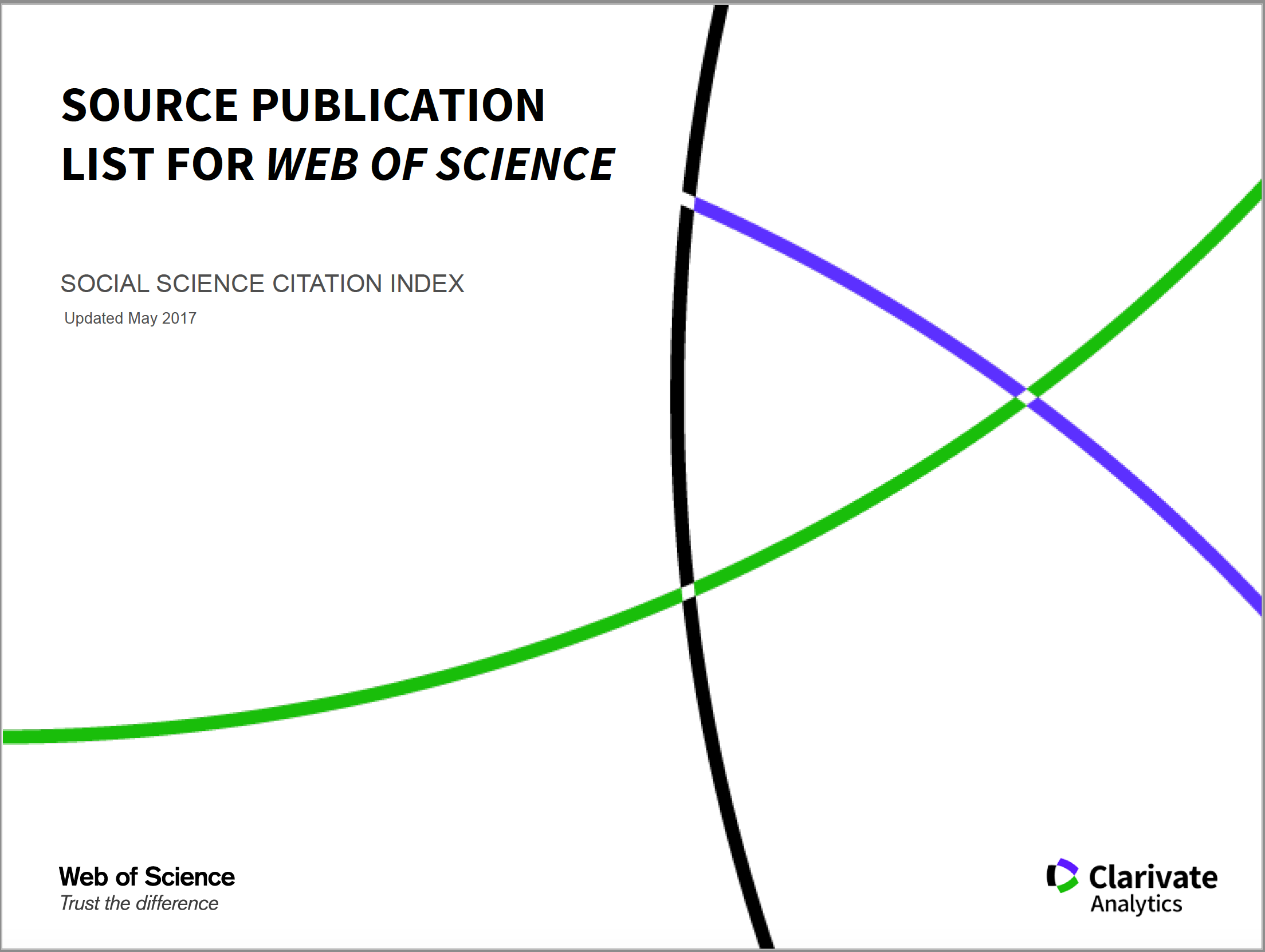Introduction
Ngugi (1972, pp. 44-5) says that:
The African writer was in danger of becoming too fascinated by the yesterday of his people, and forgetting the present. Involved as he was in correcting his disgured past, he forgot that his society was no longer peasant,with ownership of means of production, with communal celebration of joy and victory, communal sharing of sorrow and bereavement; emergent elitist middle-class and the masses were developing, their seeds being in the colonial pattern of social and economic development. And when he woke up to his task he was not a little surprised that events in post-independence African could take the turn they had taken.
As one of the foremost African writers, Ngugi (1972) observes that most writers rarely concentrate on what is happening in the present society, which makes most of them to be historical writers, orators or poets. Adeoye negates this observation as he writes to bring out the ills of his society which makes him a satirist. Presenting in his plays, Adeoye talks about the societal ills and their repercussions on the Nigerian society as a whole. Adeoye, as a writer discusses the menace of prostitution, embezzlement, unnecessary quest for wealth, gangsterism, politics and the 21st Century politics in Nigerian, which has caused more havoc than good. Adeoye (2012, p. 52) observes that:
The common conclusion is that African theatre is a total theatre experiment. However, how a director makes use of the total theatre experiment is what is important. Total theatre is "usually a production style that makes free use of all the many resources of the stage and theatre in general: drama, music, dance, song, film, slide projection, advanced technological effects, etc".
Oikelome (2014, p. 266) stresses that the strength of total theatre performance derives from the fullness and the expressive coherence of each unit to bring into the artistic pool its unique structural, semiotic and aesthetic qualities. Total theatre as a form of performance, includes all or most of the theatrical elements, such as, music, dance, song, spectacle, special effects and other things. All these are what add the required aesthetics to the works of the African writer who intends to mix orality with the written form in order to get to the psyche of the intended audiences. Writers like Ziky Kofoworola, Ayo Akinwale, J. P. Clark, Femi Osofisan, Ahmed Yerima, Zulu Sofola, Irene Salami-Agunloye and many others, have successfully used the total theatre style; AbdulRasheed Adeoye is not an alien to it as well. Adeoye as an advocate of total theatre style of performance, who makes use of such elements as an avenue of communication, information and education rather than considering its aesthetical value alone. Akinsipe (2008, p.76) opines that African art
is the fusion of music, dance, drama and other related arts. Indeed these elements are so interwoven in the traditional performing arts, that the absence of one renders the whole performance incomplete and in most cases, unacceptable to the people.
However, while this new form of total theatre encompasses different theatrical elements, which also comprises the fusion of music, dance and drama, it is also seen as a social and artistic medium of communication, which helps to pass across social, cultural and religious messages with the use of artistic spectacles and expressions.
Synopses of both Plays
The Killers (A Social Drama)
Adeoye presents Wazobia country that is full of corruption, struggle, disorderliness and social injustice. He showcases different ethnic groups and their fight for supremacy at the beginning of the play, the student union outburst to a corrupt system, the disloyalty and dishonesty of workers in Wazobia Merit International and "the killers" in everyone who seems sane in the society. Ironically, all these characters are the representation of different people in the Nigerian society. However, with this crafed satirical work of art, the playwright is able to call the attention of everyone in order to correct the ills.
The Smart Game (A Neo-alienation Script)
This is a satirical play that discusses issues such as laziness, poverty, bribery, corruption, prostitution and HIV menace. Despite the fact that Oloriebi is hard working, his family lives in poverty which is the genesis of their disarray. Oloriebi's wife, Ebun, is influenced by her friend Nike, who uses her as a bait in order to get material things. Unknowingly, Ebun falls into Chief Olowolayemo's tricks by becoming his mistress. While Ebun destroys her home due to greed and quest for material wealth and was later arrested for killing Chief Olowolayemo, who gives her a portion to kill her husband, Nike becomes HIV positive, regrets all her shortcomings but the deeds have been done. Adeoye presents this play as a melodramatic piece in a way whereby the good is rewarded and the bad is punished.

















